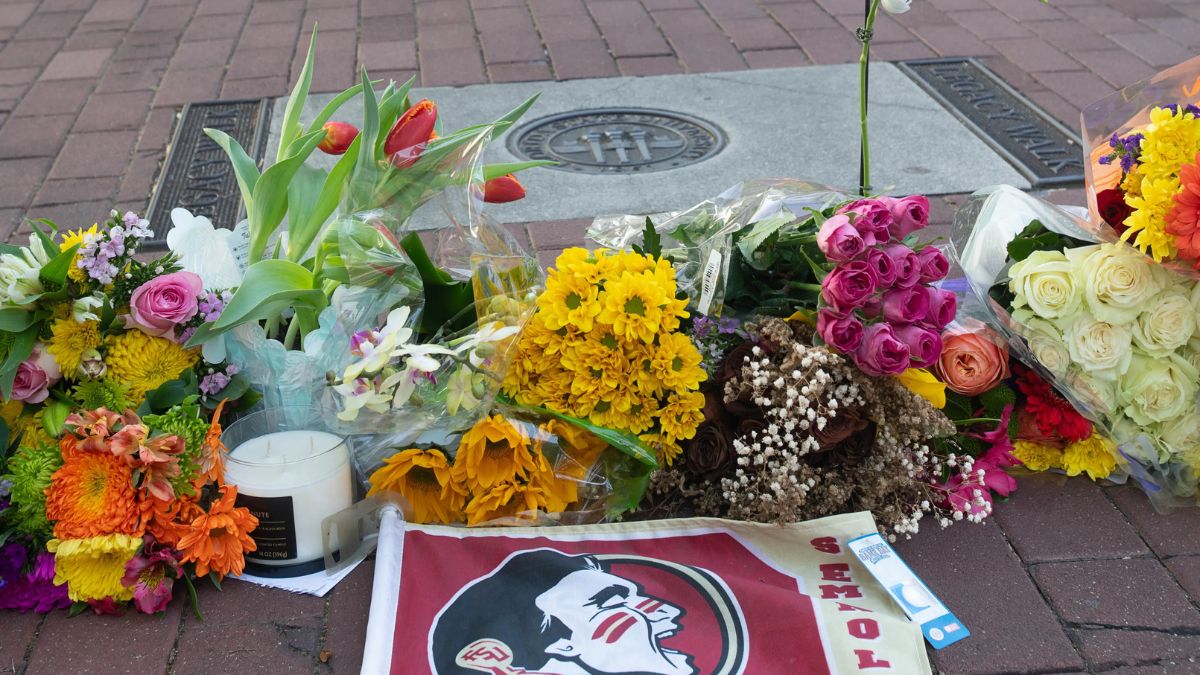When the Streets Speak Louder Than the Politicians
Greece has done it again—grounded planes, silenced ferries, and brought cities to a slow crawl. But don’t be fooled: this isn’t chaos, it’s clarity. A 24-hour nationwide strike, led by the country’s largest public and private sector unions, has thrown the brakes on business as usual—and for damn good reason.
This wasn’t just another weekday protest. This was a people-fed-up protest. A protest with callused hands and empty wallets. Ferries chained to the docks, flights pulled from the skies, and public transport only running part-time—Athens looked more like a ghost town than a capital.
Why? Because Greece is still paying the price of being “saved” by international creditors ten years ago. The same creditors who said “austerity now, prosperity later.” Well, later still hasn’t arrived.
The Ghost of Austerity Still Haunts Greece
Let’s not sugarcoat this: the austerity measures slapped on Greece during its so-called financial crisis were nothing short of economic violence. Under the pretext of stability, they gutted wages, hacked away public services, and erased workers’ rights like someone deleting browser history before a scandal.
Now, unions want what was stolen back—simple stuff like salary increases and the basic right to collective bargaining. Yes, the right to sit at a table and not get steamrolled.
Alekos Perrakis, a trade unionist who’s probably been on more picket lines than most ministers have been to their own offices, didn’t mince words:
“We demand that increases be given for all salaries, which aren’t enough to last until even the 20th of the month.”
That’s not a metaphor. People are literally broke by the third week. Meanwhile, profits of the monopolies keep stacking like casino chips at the VIP table.
Flights Grounded, Voices Raised
Let’s talk facts: From Wednesday midnight to Thursday midnight, every commercial flight in and out of Greece? Cancelled. Planes sat like sleeping giants on the tarmac. Ferries? Docked. Trams, buses, subways? Limbo. The main railway station in Athens? Shuttered.
Yet despite all this, the capital didn’t burn. Instead, it marched.
Thousands hit the streets in two large, peaceful demonstrations. Peaceful doesn’t mean quiet though—this was the kind of loud that echoes off marble buildings and lands hard in government inboxes. It was the kind of loud that says “We’re still here, and we’re not going anywhere.”
When Paychecks Run Out Before the Month Does
Now here’s the gut-punch: according to the General Confederation of Workers of Greece (GSEE), folks are spending over 40% of their income just on housing and heating. Let that sink in. Almost half their pay, just to stay warm and not be homeless.
And you wonder why people are mad?
The union’s statement didn’t bother with diplomacy:
“The high cost of living is eating away at workers’ incomes, without any care from the government.”
Hard to argue with that when inflation keeps rising, wages don’t budge, and the so-called “relief measures” are basically Band-Aids on bullet wounds.
The Kitchen Knows What the Economy Feels Like
Take it from someone in the trenches—like Georgios Skoufos, a hotel chef who deals with real heat daily, not just the political kind.
“None of the wage increases announced meet our needs. They’re wiped out by the high cost of living, forcing us to cut back everywhere else just to survive.”
This isn’t a man chasing luxuries. He’s talking about survival. You know—the thing governments are supposed to ensure, not make harder.
Civil Servants Want Their Stolen Months Back
Let’s not forget Greece’s civil servants—the backbone of the system. The public sector union (ADEDY) isn’t just asking for raises. They want their holiday bonuses restored. These weren’t little gifts. They used to be two full months of pay—scrapped during the bailouts like they were some luxury item, not part of people’s livelihoods.
And now, after a decade of doing more with less, they want what’s fair. Who could blame them?
The Usual Script, The Usual Scars
The government, of course, will play its usual role—issuing polite statements, pretending to listen, maybe offering a symbolic crumb. But make no mistake: they’ve had years to fix this mess and chose not to.
And the EU? Let’s not pretend Brussels cares. So long as Greece hits those lovely quarterly numbers and keeps the budget deficit in check, they’re content to ignore the street-level suffering.
That’s the irony here: Greece is stable—on paper. But the people? They’re sinking.
Enough is Enough
This strike wasn’t about radical demands. It wasn’t some fringe uprising. This was everyday Greeks—the cashier, the cleaner, the cook—saying enough is enough.
They want living wages. They want their rights. They want out from under the thumb of corporate greed and political gaslighting. Simple.
And if history tells us anything, it’s this: when the people of Greece decide to fight, they don’t back down.
A Final Word (Because Someone Has to Say It)
The truth is, this isn’t just about Greece. This is about a world that’s getting used to squeezing the working class while pretending things are fine. About governments that bail out banks but shrug at single mothers. About elites who fly over cities they’ve never walked through.
So let this strike be a warning: people are waking up. And they’re getting louder.
Greece just lit the match. Let’s see how far the fire spread



